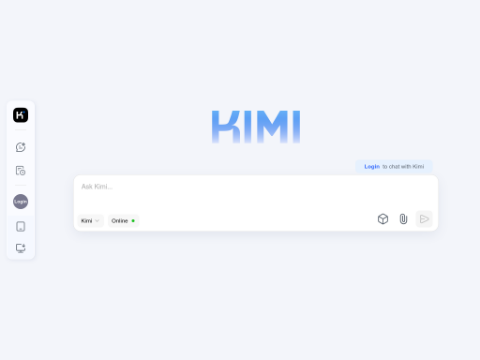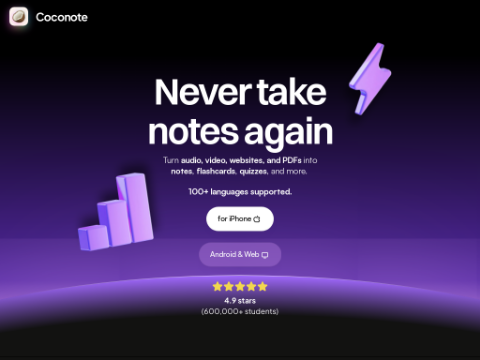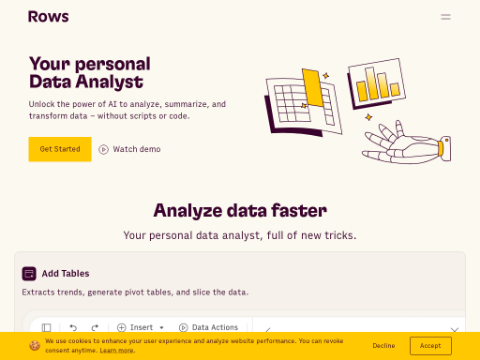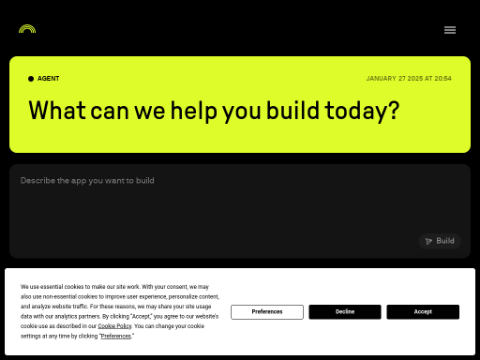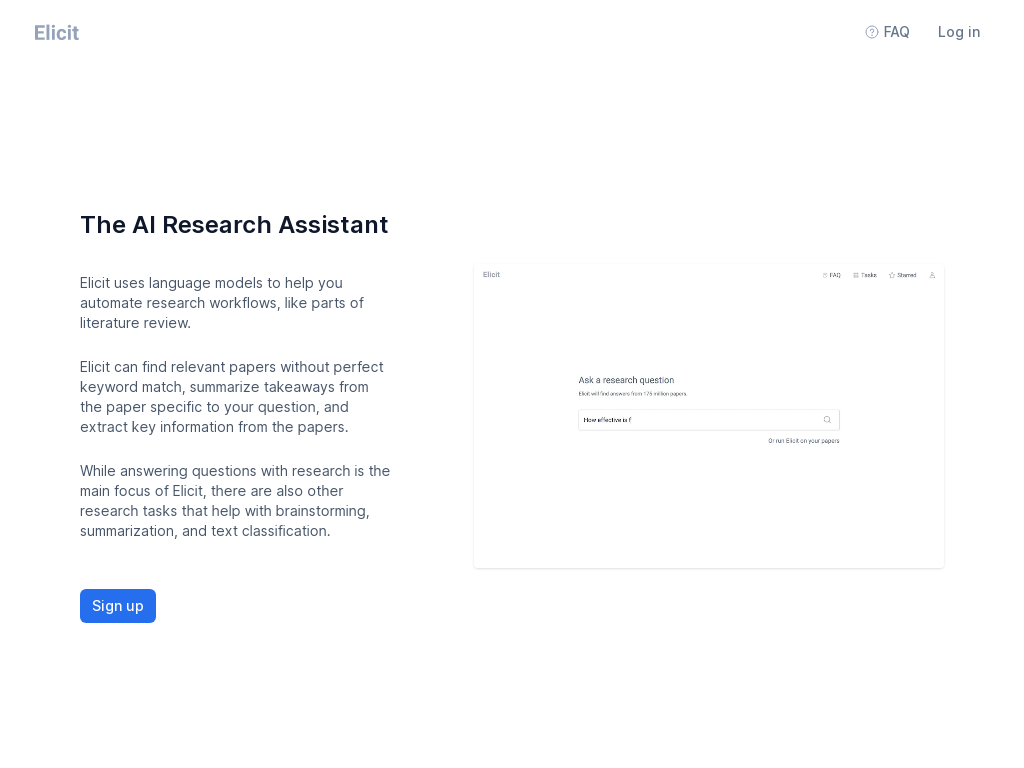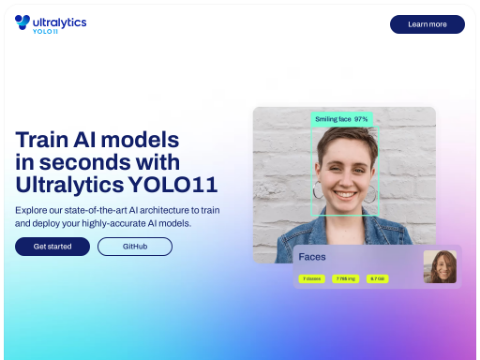Recently, Brave browser announced that its AI assistant Leo has officially launched on the Android platform. Leo can provide users with diversified services including summarization, transcription, translation, and coding, becoming a powerful assistant for users while browsing web pages.
As early as last year, Brave browser introduced the AI assistant Leo on the desktop. After a period of operation and optimization, Leo has gradually matured and can provide users with more accurate and efficient services. Now, with the popularity of mobile internet, Android users can also enjoy this feature, undoubtedly providing them with more convenience while browsing web pages.
Compared with other mobile AI-connected browsers such as Edge and Arc (limited to iOS), Brave's Leo has its unique features. Firstly, Brave attaches great importance to user privacy protection. According to official introductions, when users use Leo, all input information will be submitted through a reverse proxy and will not be retained or used for training. This means that users' privacy is fully protected, and there is no need to worry about personal information being leaked or abused.
In addition, Leo has powerful functions. It can not only provide users with summaries of web content but also perform real-time transcription and translation, helping users better understand web content. At the same time, Leo also has coding capabilities, providing assistance in programming for users. Although Leo may occasionally produce incorrect information, it does not affect the convenience and practicality it brings to users.


